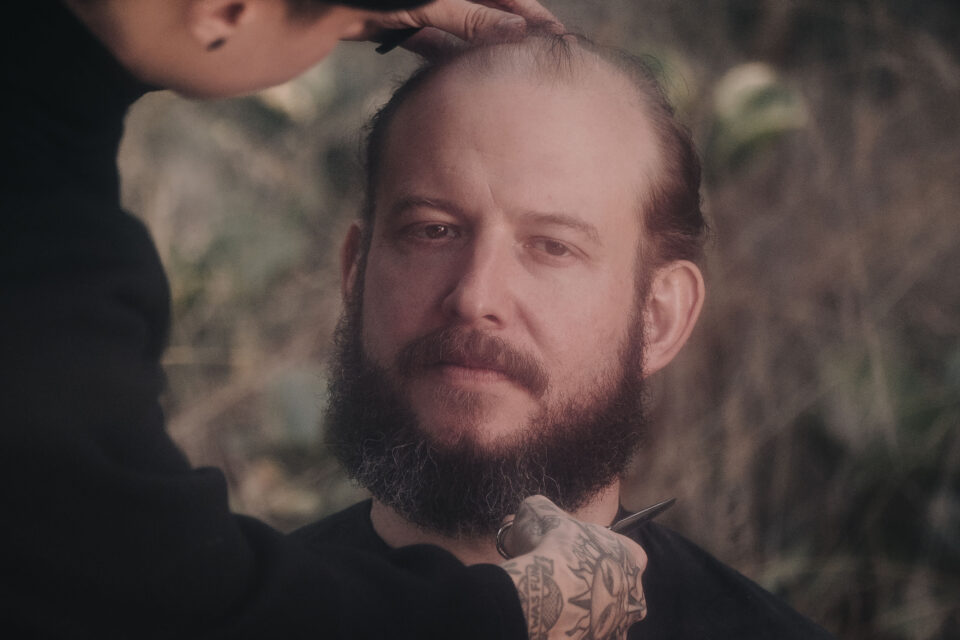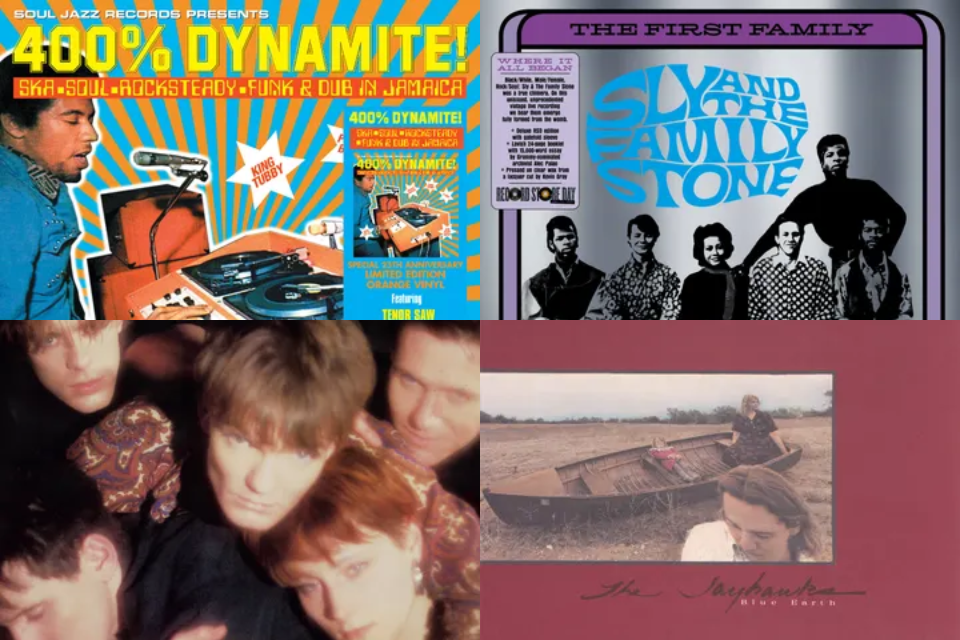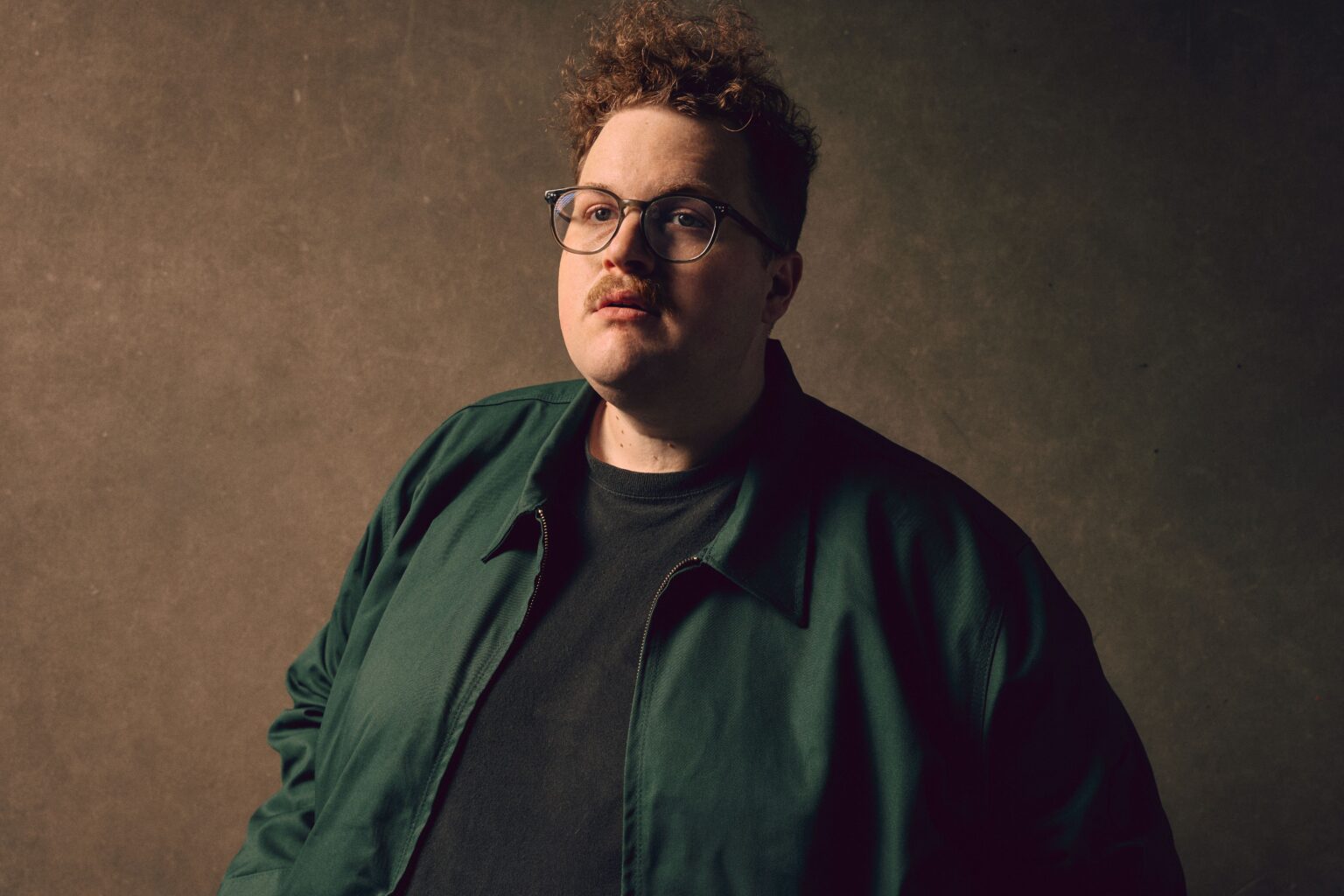“We’re just being girls,” Chappell Roan tells me in the lobby of the Sheraton Hotel in Nashville, before playing a sold-out show with three drag performers as openers and thousands of young women dressed up and ready to yell pop anthems into the night. She is here in the middle of a giant U.S. tour. If you missed her, she will be back in March, opening for Olivia Rodrigo.
In just three years, 25 year old femininomenon has gone from working at a drive-thru café in Willard, Missouri to becoming a queer pop icon. “It’s just silly pop. It should feel silly,” she explains. To hear an artist say that their music is unserious feels like having the rug pulled out from underneath the music critic in all of us. It’s license to let go an have fun — a license that Chappell Roan had to give herself, as well.
Initially her music was dark and serious. She got her start incredibly young. When she was in 8th grade, she auditioned for the Christmas talent show and sang “Chestnuts Roasting on an Open Fire” and became “the girl who could sing.” Then she auditioned for America’s Got Talent and The Voice, TV shows that both rejected her. Undeterred, she started writing her own music and putting it onto YouTube. “Die Young,” a moody ballad miles away from the fun pop songs she sings now, was noticed by a couple of record labels and she flew to New York to audition. Six months later she was signed by Atlantic Records and, as a teenager, moved from her small home town in Missouri to West Hollywood all by herself.
She felt lost in L.A. Her label wasn’t supportive of the moody persona of her early work and she was not reaching an audience. Feeling lost and wondering if she should leave California and move back home, she started writing the song that would become “California.” For as destitute as she felt, the culture change was welcome. West Hollywood had drag queens, femmes, and gays, which she had never seen before and found fun and freeing. However she still couldn’t get a job, didn’t have a friend group and wasn’t making money from music. After a couple years in L.A. she packed it up and moved back to Missouri. Things were so low that she picked up a job at Scooters Coffee kiosk, working the drive-thru.
After a season of working at Scooter’s, she said that she would give music one last shot. She stared to think about it in a less serious way. “We don’t need to think that this is life or death. There are so many times where I take myself so seriously and think that I need my music to be taken so seriously, but it doesn’t. It’s just pop music.” She thought of Chappell Roan as a drag version of herself: confident, over the top and in your face.
She wrote about the drag queens she saw in West Hollywood and released “Pink Pony Club” about dancing on a stage at the club. It’s a song about letting go of your inhibitions and giving into the night. Musically and thematically, it’s a release. Letting go allowed Chappell Roan to succeed. Vulture described it as the “Song of the Summer.” As of this writing, the song is closing in on 20 million plays on Spotify. On The Rise and Fall of a Midwest Princess Chappell Roan balances piano ballads about leaving home to achieve her dreams and lusting to meet an ex with outright bangers about the joy of starting a little drama on a Saturday night and ditching basic dudes for super-ultra-modern-girls like herself.
At her show in Nashville that night, Chappell announced a theme for the show, “Outer Space,” and hundreds of Gen Z girlies attended sporting space buns and silver glitter. They sang every word at the top of their lungs. For the encore Roan didn’t sing at all during the chorus of “Pink Pony Club.” Instead, she held the mic out to the crowd and let them give into the night, yell as loud as they could and just be girls.




